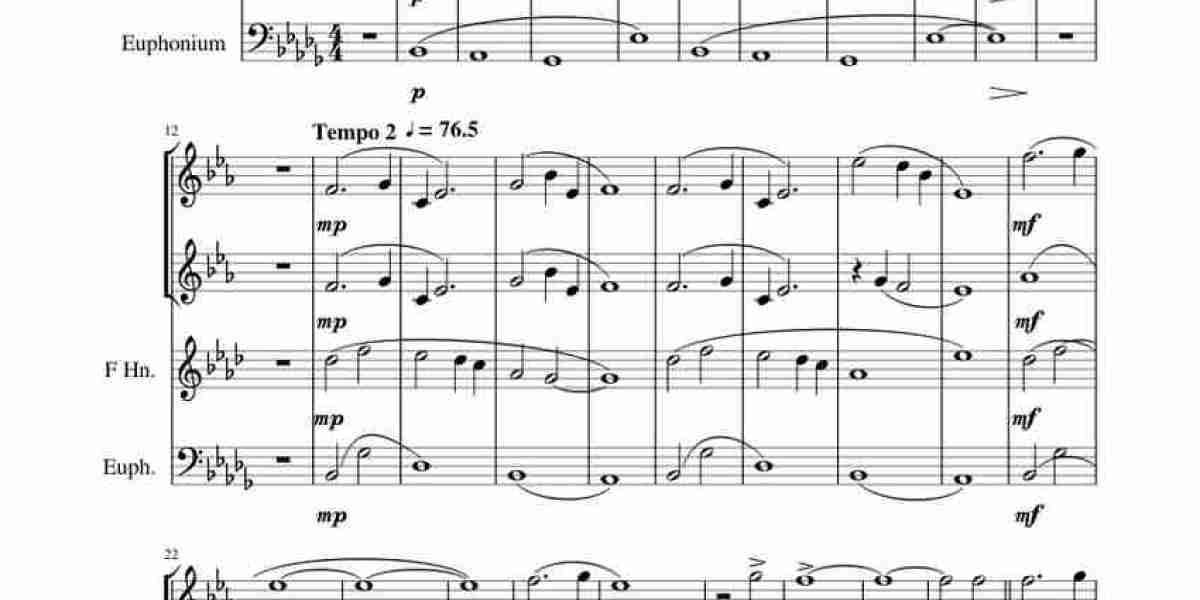Music, ah, what a magnificent force within the realms of human existence! It possesses a unique ability to transcend language barriers, cultural differences, and even time itself. It is truly the universal language that binds us all. From the soothing melodies of a lullaby to the thunderous beats of a rock concert, music has the power to move, inspire, and unite us in ways that words alone cannot. In this essay, we shall explore the profound impact and significance of music as a universal language.
First and foremost, music has the remarkable ability to evoke emotions within us. Whether it's the gentle strumming of a guitar or the soaring notes of an opera singer, music has the power to touch our souls in ways that words cannot adequately express. It speaks to the depths of our being, stirring joy, sadness, excitement, and every emotion in between. Regardless of our native tongue or cultural background, music has the power to connect us on an emotional level, creating a bridge between hearts and transcending the boundaries that often divide us.
Furthermore, music possesses the power to bridge cultural gaps and foster understanding. Different regions of the world have diverse musical traditions, each with its own unique sounds, rhythms, and instruments. Yet, despite these variations, music has the ability to bring people from different cultures together, encouraging appreciation and respect for one another's heritage. Through music, we can learn about and celebrate the rich tapestry of human existence, fostering a sense of unity and appreciation for our shared humanity.
Moreover, music has the incredible power to transcend time and space, reaching across generations to touch the souls of listeners both past and present. Think of the timeless classical compositions of Mozart or Beethoven that continue to captivate audiences centuries later. Or the iconic songs of artists like Bob Dylan or Aretha Franklin that resonate with listeners across generations. Music has the ability to transcend the constraints of time, allowing us to experience the thoughts, emotions, and experiences of those who have come before us.
Finally, music has the power to inspire change and drive social movements. Throughout history, music has played a pivotal role in giving voice to the oppressed, uniting communities, and rallying people towards a common cause. From the protest songs of the Civil Rights Movement to the anthems of revolution, music has the ability to ignite passion, spark dialogue, and drive societal transformation.
In conclusion, the power of music as a universal language cannot be understated. It transcends language barriers, cultural differences, and time itself. Music has the unique ability to evoke emotions, bridge cultural gaps, transcend time, and inspire change. It is a force that unites us all, offering solace, understanding, and connection in a world often divided. So, let us embrace the power of music and recognize its ability to bring us closer together as a global community.







